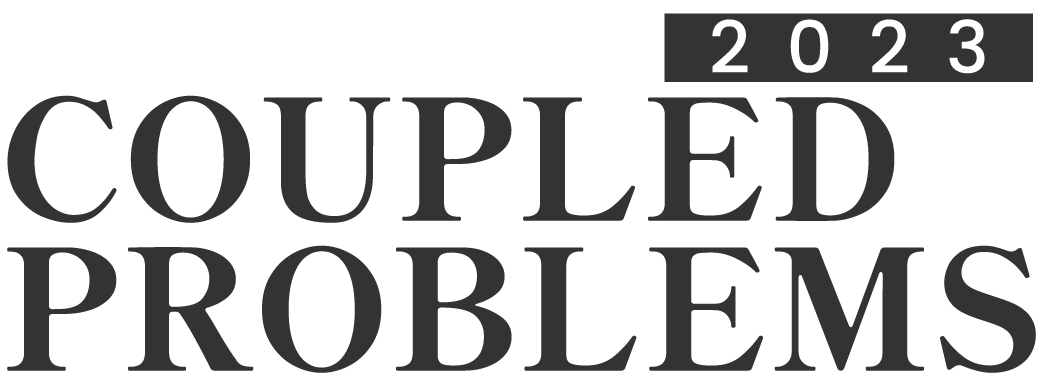

Material Decomposition Techniques and Parameter Estimation for Spectral Computed Tomography
Please login to view abstract download link
Spectral computed tomography is an evolving technique which exploits the property of materials to attenuate X-rays in different ways depending on the specific energy. Compared to conventional CT, spectral CT employs a photon-counting detector that records the energy of individual photons and produce a fine grid of discrete energy-dependent data. In this way it is easier to distinguish materials that have similar attenuation coefficients in an energy range, but different in others. The material decomposition process allows to not only reconstruct the object, but also to estimate the concentration of the materials that compose it. Different strategies to reconstruct material-specific images have been developed in the last years, but many improvements have yet to be made especially for low-dose cases and few projections. This clinical setup is safer for the patients (due to the lower dose of radiation), but leads to noisier data, especially across the energy channels, and less spatial information. The study of the noise distribution, together with the usage of suitable regularizers and the selection of their parameters become crucial to obtain a good quality reconstruction and material decomposition. The talk will address all these issues, with particular focus on the noise model and the automatic strategies to select the different parameters.

